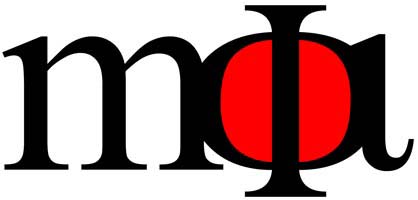 Martial Arts and Philosophy: Beating and Nothingness, edited by Graham Priest and Damon Young, is available on Amazon now.
Martial Arts and Philosophy: Beating and Nothingness, edited by Graham Priest and Damon Young, is available on Amazon now. But the martial arts aren’t tied to ancient Eastern wisdom alone – they’re spurs to philosophical dialogue and discussion today. They inspire metaphysical questions, like the paradoxes of Zen in Japanese sword fighting, or the mind/body problem. They lend themselves to crucial debates in ethics, including the role of violence in civilised life (individual and social), and the nature and significance of Aristotle’s work on virtue. They suggest important existential questions about ethnic identity, mortality and recognition. They also provide fascinating case studies for arguments in the philosophy of education – the founder of Judo was a noted educationalist. The fighter’s craft, properly examined, is a genuine philosophical matter.
Of the many millions of Americans, Britons, Australians and Canadians who practice martial arts, a great many are interested in the philosophical dimensions. The magazine Black Belt, for example, often has philosophically-themes columns and articles. Martial arts websites (e.g. Martial Arts Planet, e-Budo) have dedicated philosophy forums. For every more mystical Aikido adept, there’s a Brazilian Jujutsu player quoting Popper. It’s clear that many martial artists are interested in genuine philosophical thinking.
Martial Arts and Philosophy aims to provide readers with a thoughtful, exciting and funny exploration of philosophical ideas. Readers will find familiar icons, styles and techniques used to open up crucial philosophical debates. While replete with nods to pop culture and combat, it’ll also be intellectually punchy!


